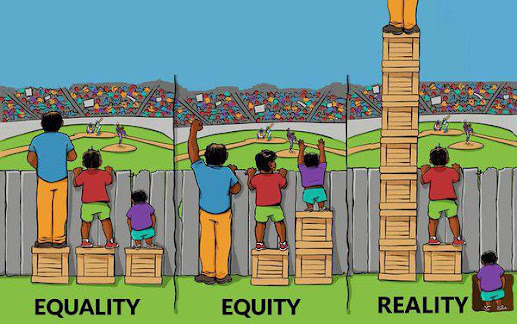This is an inspiring video that I wanted to share after watching it. Dr. Anthony Chow is the Director of San Jose State University’s School of Information, appointed July 2021. Before his appointment at the iSchool, Anthony was an associate professor in the Department of Library and Information Science at the University of North Carolina at Greensboro. His research focuses on systems thinking, technology integration, organizational management, and also information-seeking behaviour and usability in digital environments.
With an academic career that spans 21 years, he offered some really insightful experiences as a person of colour who has held leadership positions. Anthony is an inspirational story, in a profession that is predominantly racially homogenous, and seeing how he has navigated the terrains of academia, which can be competitive and cutthroat, successfully is really a great story. Here's some highlights that he shares with us that helped him throughout the years:
With an academic career that spans 21 years, he offered some really insightful experiences as a person of colour who has held leadership positions. Anthony is an inspirational story, in a profession that is predominantly racially homogenous, and seeing how he has navigated the terrains of academia, which can be competitive and cutthroat, successfully is really a great story. Here's some highlights that he shares with us that helped him throughout the years:
Experience -- Age and experience helps. After a while, Chow found that he was more comfortable as he spoke to peers on a personal level, he was around the same age and had earned his stripes. I've found this insight to be really relatable in my own life. If you hang in there, over time, your experience builds on itself and compounds exponentially over time. Eventually, you will feel comfortable in your own skin, which goes a long way to how it builds confidence. Patience is key and paying your dues.
Get Involved -- Getting involved, whether it's emailing and making those phone calls to worthy causes. "Prove it" to others that you care. Eventually, they will find you and seek your leadership.
Be Kind -- Ultimately, being kind is so important. Leadership means leading with a good heart. Leading by an organizational chart hierarchy is called managerialism. Leadership is something entirely different.


